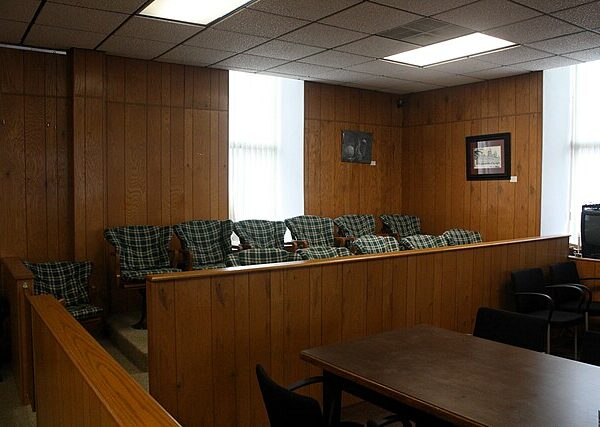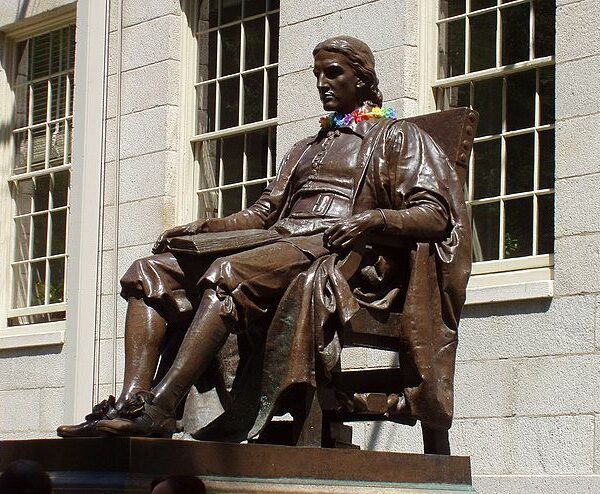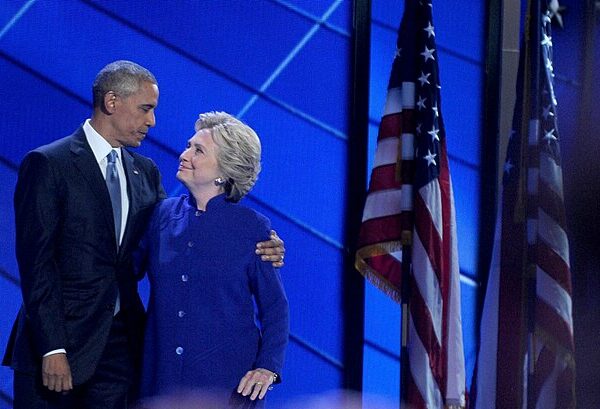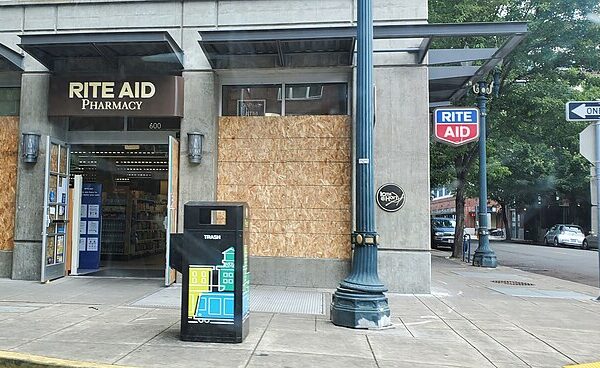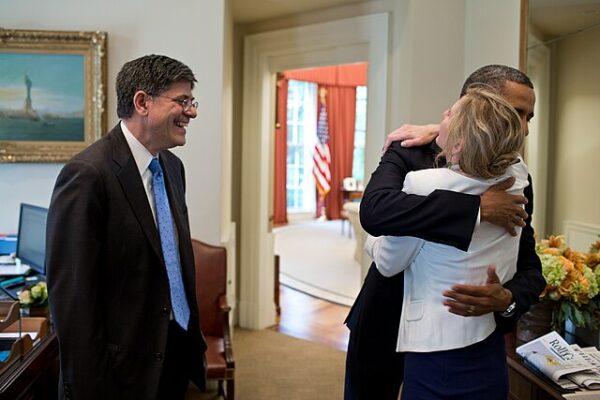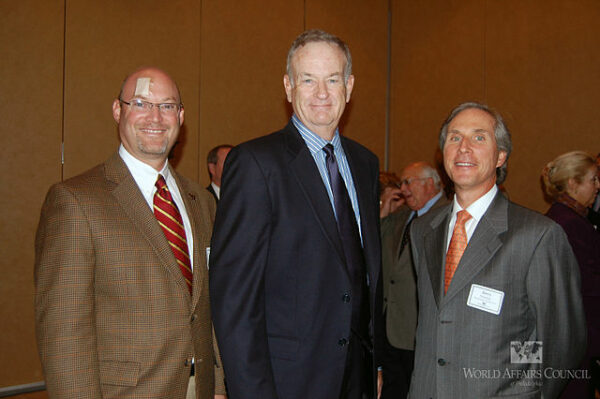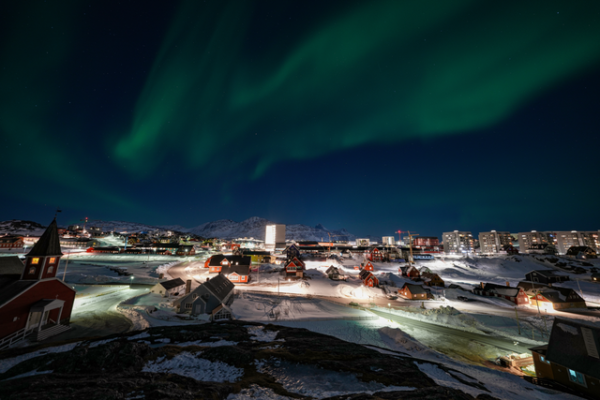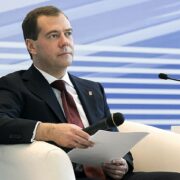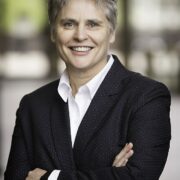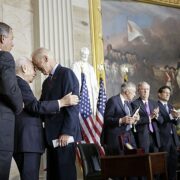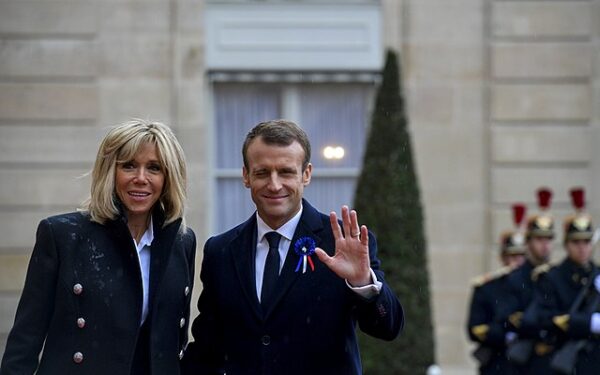
French President Emmanuel Macron is facing renewed criticism after it was revealed that he is trying to influence one of the most sacred processes in the Catholic church—the papal conclave. The allegation, made by Cardinal Péter Erdő, Archbishop of Esztergom-Budapest, centers on purported communications between Macron and several French cardinal electors aimed at blocking the candidacy of Cardinal Robert Sarah.
The Cardinal has said that “the West no longer knows who it is, because it no longer knows and does not want to know who made it, who established it, as it was and as it is. The West refuses to acknowledge its Christian roots.”
“By losing its faith, Europe has also lost its reason to be. It is experiencing a lethal decline and is becoming a new civilization, one that is cut off from its Christian roots.”
Cardinal Erdő, a senior prelate with longstanding influence in Central Europe, revealed that these alleged “contacts” were part of a broader effort to marginalize Cardinal Sarah, a Guinean-born cleric widely viewed as the intellectual and spiritual standard-bearer of Catholic traditionalism. Sarah has built a global reputation for his unflinching defense of orthodoxy, particularly on issues such as the sanctity of the liturgy, clerical celibacy, and opposition to what he calls the “dictatorship of relativism.”
“Certain influential circles—both within the Church and in secular governments—appear deeply unsettled by the possibility of a pope who would firmly reaffirm traditional Catholic teachings,” Erdő reportedly said. He specifically pointed to President Macron’s alleged attempts to influence French cardinals, suggesting a deliberate effort to thwart Sarah’s chances of emerging as a serious contender in the next conclave.
The Spectator writes that Sarah is a long shot. At 79 years old, he loses his conclave voting rights in June, and his combative stance has made him a divisive figure in Rome. But among conservative Catholics, particularly in France, he’s become a hero. His uncompromising defence of tradition, his attacks on secularism, and his denunciation of what he calls the West’s moral collapse have turned him into a cultural force. He is lionised on traditionalist platforms, quoted approvingly by right-wing politicians, and treated by some as the spiritual antidote to everything Pope Francis came to represent.
Nowhere is Sarah’s message more incendiary than in France. With over 10 per cent of its population born abroad, deepening tensions over immigration, and a secularism that’s increasingly under strain, France is a tinderbox and Cardinal Sarah’s rhetoric is a match. His warnings about the ‘self destruction’ of Europe echo the anxieties of millions of French voters who feel alienated by Macron’s globalist instincts and tone-deaf moralising. Sarah’s call for Africans to ‘stay and build’ rather than migrate has particular force in France, a country grappling with its post-colonial identity and its millions of immigrants from Africa. The fact that these views come not from a white nationalist but from a black African cardinal makes them even more dangerous to the progressive narrative.
Emmanuel Macron has tried to balance humanitarian rhetoric with occasional promises of tougher border controls, aiming to please both left and right. Under Macron legal and illegal immigration has continued unabated. His 2023 immigration Bill, meant to tighten entry rules and regularise undocumented workers, fractured his own parliamentary alliance. The political fallout has deepened discontent, and the right has surged. Into this fragile landscape steps Cardinal Sarah, saying that mass migration is not a problem to be managed, but a civilisational threat.
Standing opposite Sarah in both tone and theology is Cardinal Jean-Marc Aveline, the Archbishop of Marseille and France’s leading ecclesiastical progressive. Aveline has built his career around interfaith dialogue, migrant outreach, and the kind of pastoral language that glides smoothly through Davos panels and Vatican press releases. When Pope Francis visited Marseille in 2023, Cardinal Aveline hosted him, turning the trip into a public celebration of diversity and the Church’s commitment to migrants. Aveline has been described as the ‘French Francis’.
The accusations cast a sharp light on the increasingly complex relationship between political leaders and the Vatican. While secular heads of state have historically sought to influence Church affairs—from Napoleon’s manipulation of episcopal appointments to Cold War-era tensions between popes and communist regimes—the modern papacy is supposed to operate free of temporal interference.
If true, Macron’s actions would raise serious concerns about the integrity of the conclave, the secretive and sacred process by which a new pope is chosen following the death or resignation of a pontiff. Under Church law, the conclave is intended to be entirely insulated from external pressures—a principle rooted in both spiritual doctrine and centuries of hard-won political autonomy.
Observers note that France, despite its strong secular tradition under laïcité, has long maintained informal channels of influence within the Catholic hierarchy, particularly through its French-speaking clergy and diplomatic corps. But direct involvement in the selection of a pope would mark a significant escalation, with potential to inflame tensions both inside and outside the Vatican walls.
Neither the Élysée Palace nor the Vatican has issued a formal response to Cardinal Erdő’s claims. Still, the controversy is already reverberating throughout Catholic circles, where ideological divisions between conservative and progressive factions have deepened in recent years.
[Read More: Trump Could Defund Democrats With One Move]

